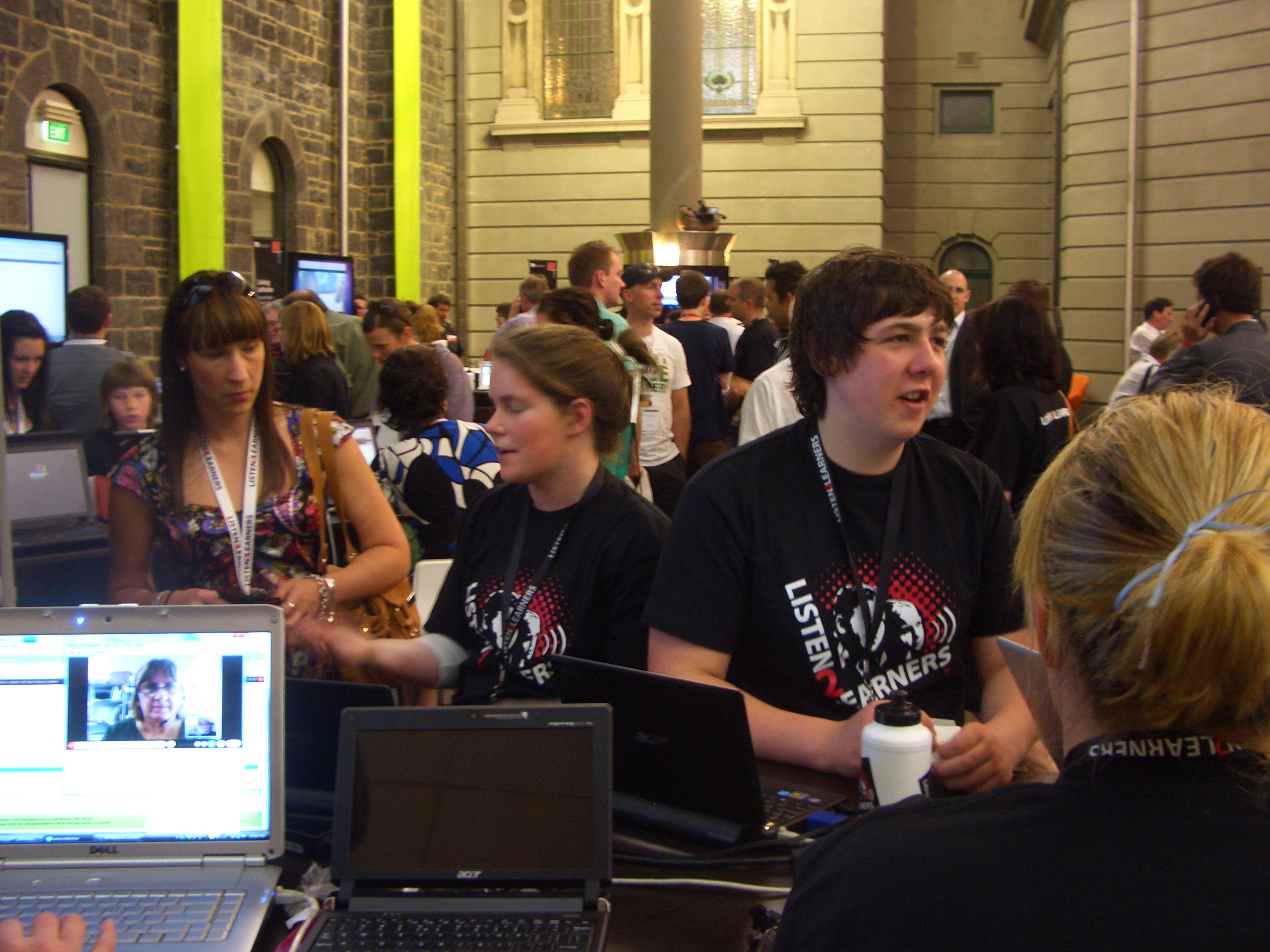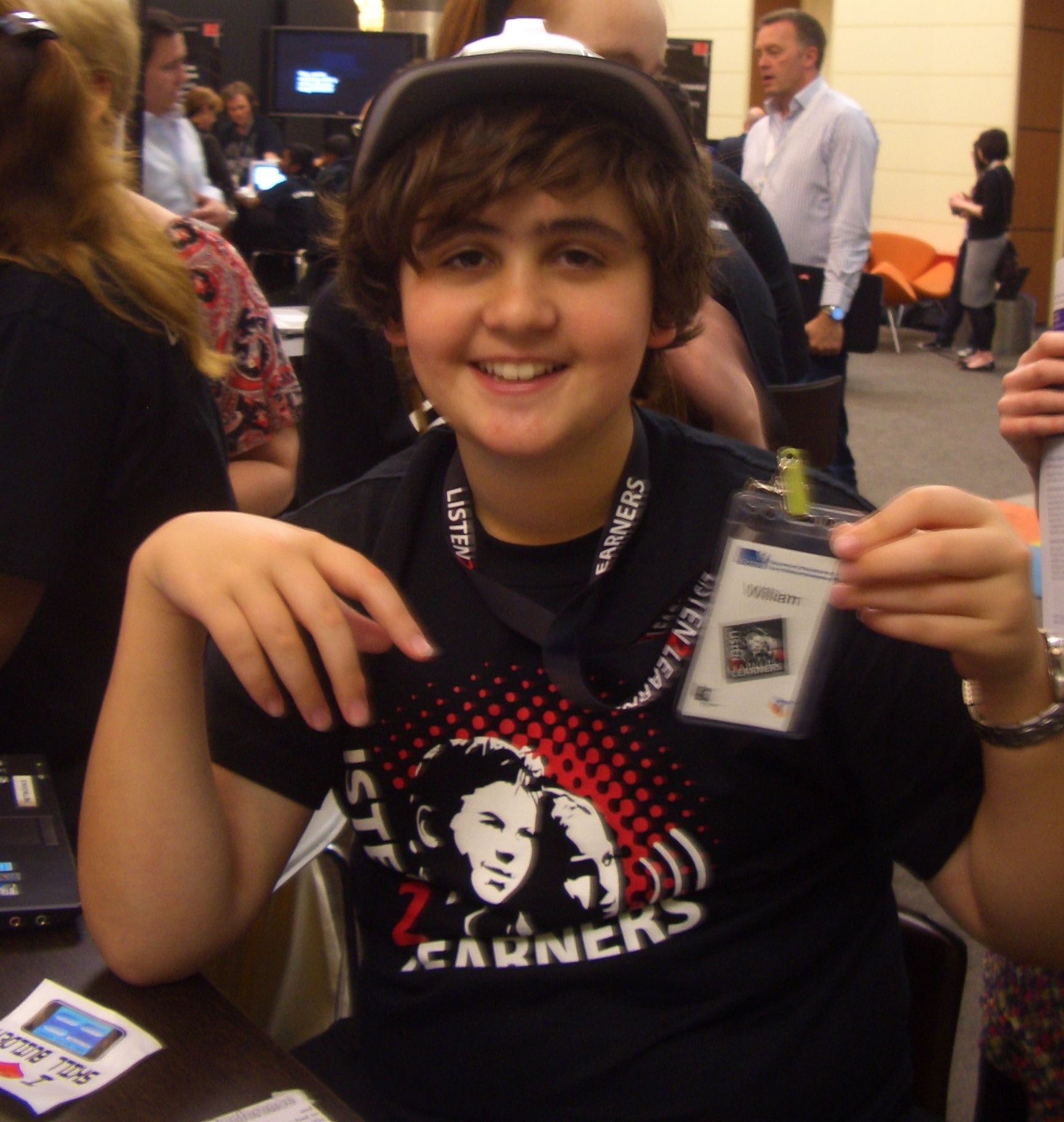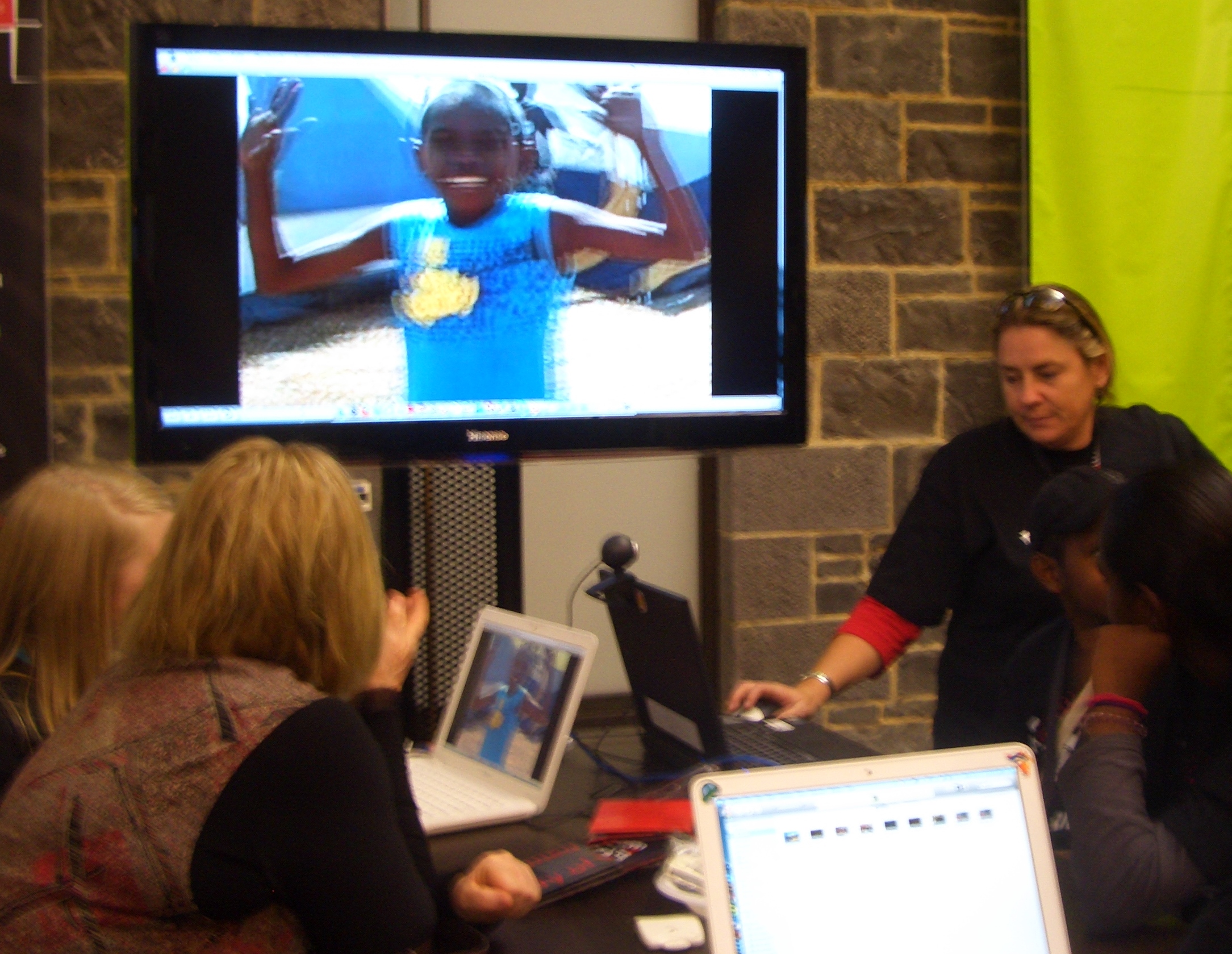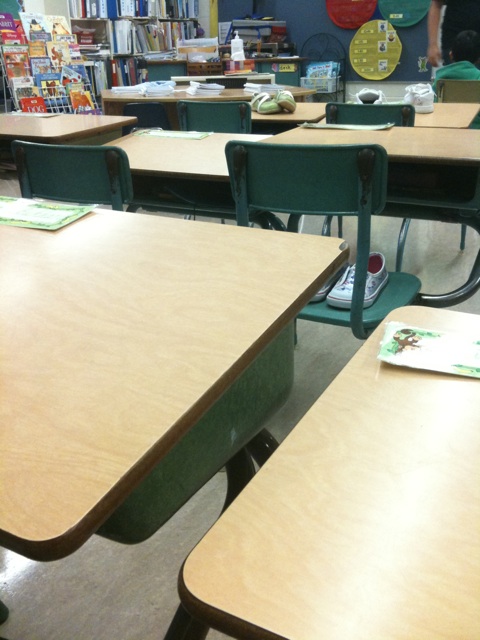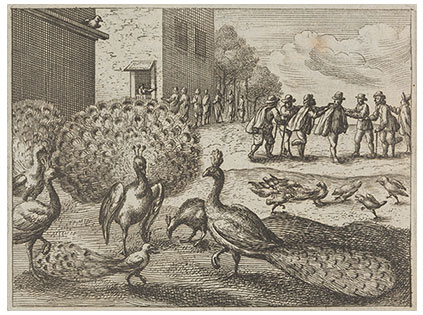For a very, very long time we have accepted the fact that teaching writing to students takes place without an authentic audience. Students’ writing is the property of one subject teacher, and if the students are lucky, they’re permitted to read their piece to the class. Generally it’s considered that learning takes place once the student has received a mark and feedback from the teacher.
There is a much better way, and students are often finding this independently, outside school. This is why, as moderator of my school’s Competition Writing Group, I’ve created a blog and a Facebook Group so that students can share their writing, receive feedback and feel like part of a like-minded, community. It’s taken a while for the conversation to develop as students gradually embrace ownership of the group, and that’s when I can pull back to allow peer learning to take over.
I’d like to post something written by a student who has experienced the benefits of a global writers’ community. Best to hear it from the source.
As a young writer looking to develop my skills, I started writing many short stories, and novellas and the like. After having written a large amount of stuff over the course of a year, I was faced with another problem. I was in need of feedback, but wary of going outside of my immediate circle of friends to find it.
One option was suggested to me, and that was to submit some things to competitions for students. I thought about doing this for a long time, before I realised I had a problem with that as well. Friends of mine had submitted things only to get a reply email saying they hadn’t made the shortlist, and that that was the end of that.
This was something I didn’t want. I wanted somebody who was good at writing themselves to look at my work and maybe leave me some constructive feedback, and the seemingly faceless judges of these competitions didn’t seem to be too willing to do that.
So it was by pure chance that I discovered another medium to gather feedback for my various writings, one that I still participate in today, and one that has led me on a literary journey of amazing experiences and wonderful creations. I discovered two websites, fanfiction.net and fictionpress.com, from a friend of mine.
Fictionpress.com was more relevant to me to begin with, because it is a site where authors can effectively post any kind of original material, and the wide variety of reviewers and other authors on the site can respond. I found the society there to be highly constructive, and highly informative. These days, some three years later since I began that journey, many things have changed. I now give tips more than I take them, but that is a perfect example of how the site has affected me. It breeds a community, where new people get help, become experienced people and cycle goes on and on. With many friendly people, the experience has been brilliant to be engaged in, and while it is also a faceless medium, it is certainly far more constructive than entering competitions.
Fanfiction.net wasn’t something that I got involved with until later, when I became more confident in my writing skills. Ironically, most people step the other way, and begin with fanfiction.net and move to fictionpress.com. One of the reasons for this is that fanfiction.net provides writers who want to improve their writing without spending enormous amounts of time creating a world and creating characters. On fanfiction.net, the worlds and characters have already been created for you, which is sometimes really useful. All the writer has to do is invent a plot and write.
The site is also particularly good because the community is very friendly and very informative. When I first began to work on this site, people critiqued my writing effectively, and in return I critiqued theirs, and since, I have had some amazing opportunities through the community. I have had the opportunity to review works by some truly outstanding writers, and the opportunity to work on things collaboratively with up to as many as five authors from all over the world. The experience is amazing, and the friendliness of all involved has been outstanding.
Overall, I like the online community because of its productive kindness, as opposed to judges for a writing competition who are mostly nameless, faceless and not really helpful at all.
Cheers, Leon
Thanks, Leon.





 Image from
Image from 


